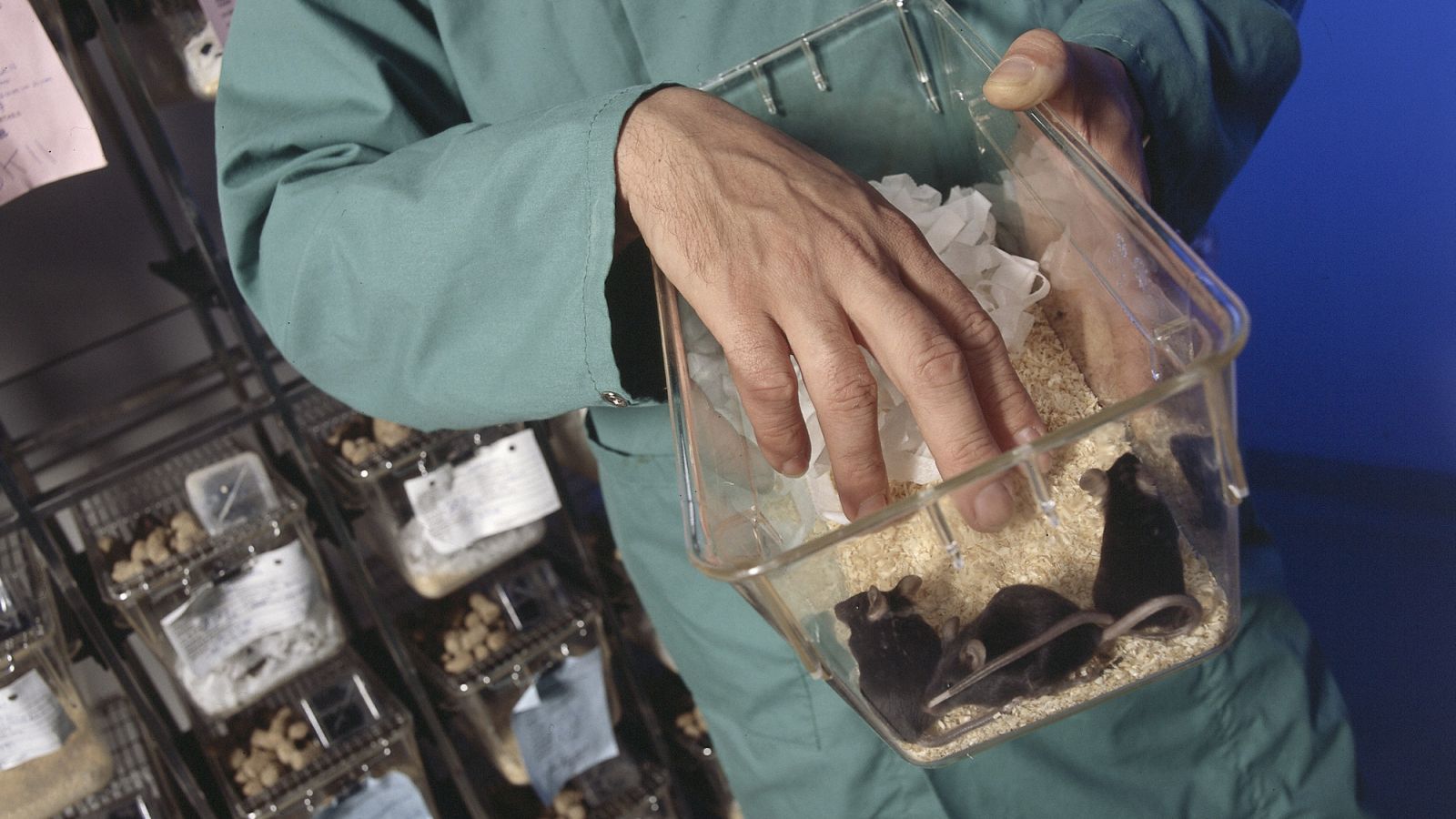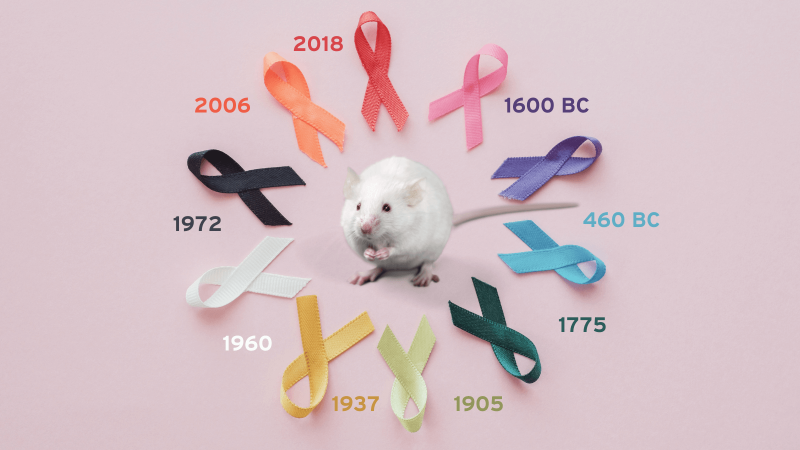
 Tests in mice have shown that a new nanoparticle therapy specifically targets and kills cancerous cells for a common type of blood cancer. Because the target of the therapy is specific to cancerous cells, it should not cause the side-effects associated with traditional chemotherapies, the researchers believe.
Tests in mice have shown that a new nanoparticle therapy specifically targets and kills cancerous cells for a common type of blood cancer. Because the target of the therapy is specific to cancerous cells, it should not cause the side-effects associated with traditional chemotherapies, the researchers believe.
The new therapy takes advantage of the cancerous lymphoma B cell’s hunger for cholesterol. Previous research has found that these cancerous white blood cells quickly die if starved of the fat. So the researchers set about looking for ways to block the absorption of cholesterol from the blood. They developed a nanoparticle with a similar shape, chemistry and size as high-density lipoprotein (HDL) – the molecular transporter of cholesterol.
Tests in cell cultures showed that the nanoparticles bind irreversibly to receptors on the surface of the lymphoma cells, which would usually bind HDL. The researchers believe that a gold atom at the core of the nanoparticle is the key to strongly binding the molecule to the receptor. With all receptors blocked by the masquerading nanoparticle, the cells are unable to absorb cholesterol. The therapy prevented the development of lymphoma in mice that had cancerous cells injected into their bloodstream.
The findings are promising but many more tests, including using larger animals and people, will be required to develop the potential treatment for non-Hodgkin lymphoma. The cancer is the fifth most common cancer in the UK (2009 figures), accounting for 4% of all new cases and 3% of all cancer deaths.
Last edited: 11 March 2022 10:14



